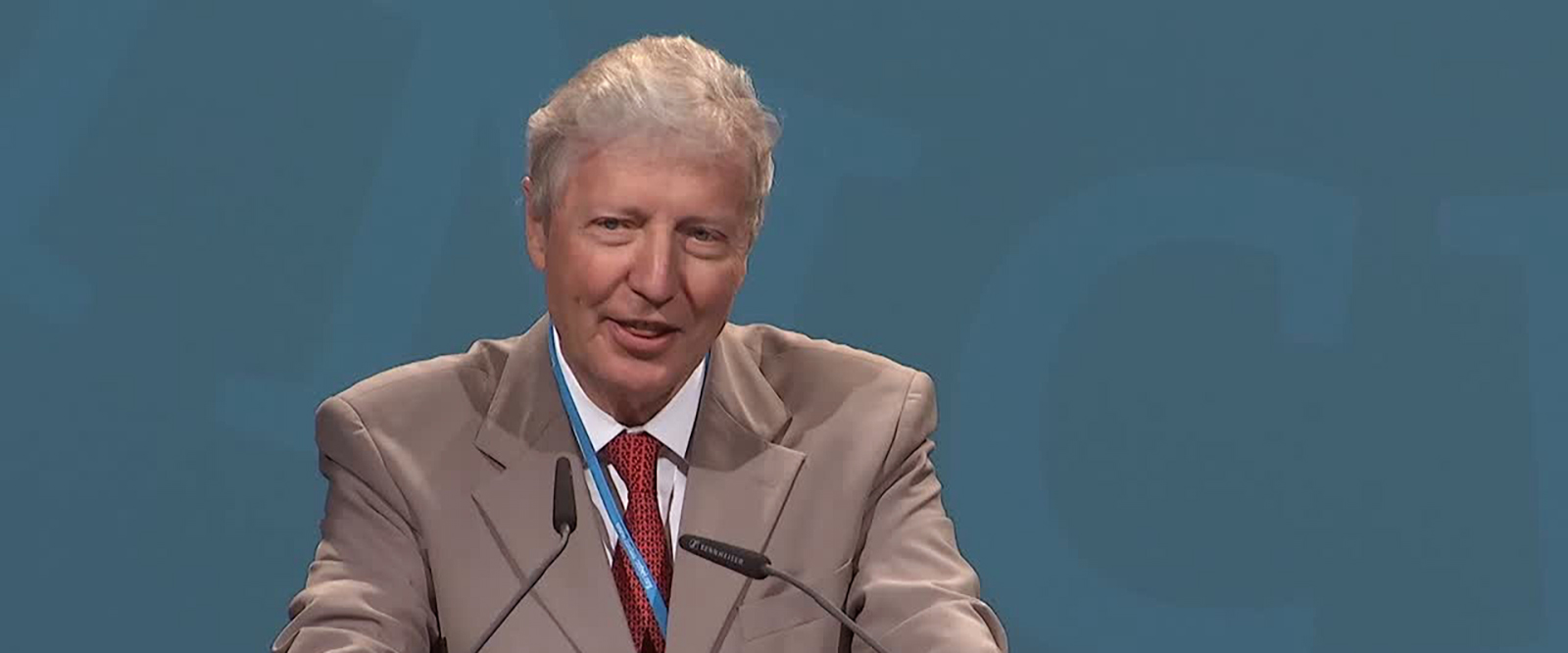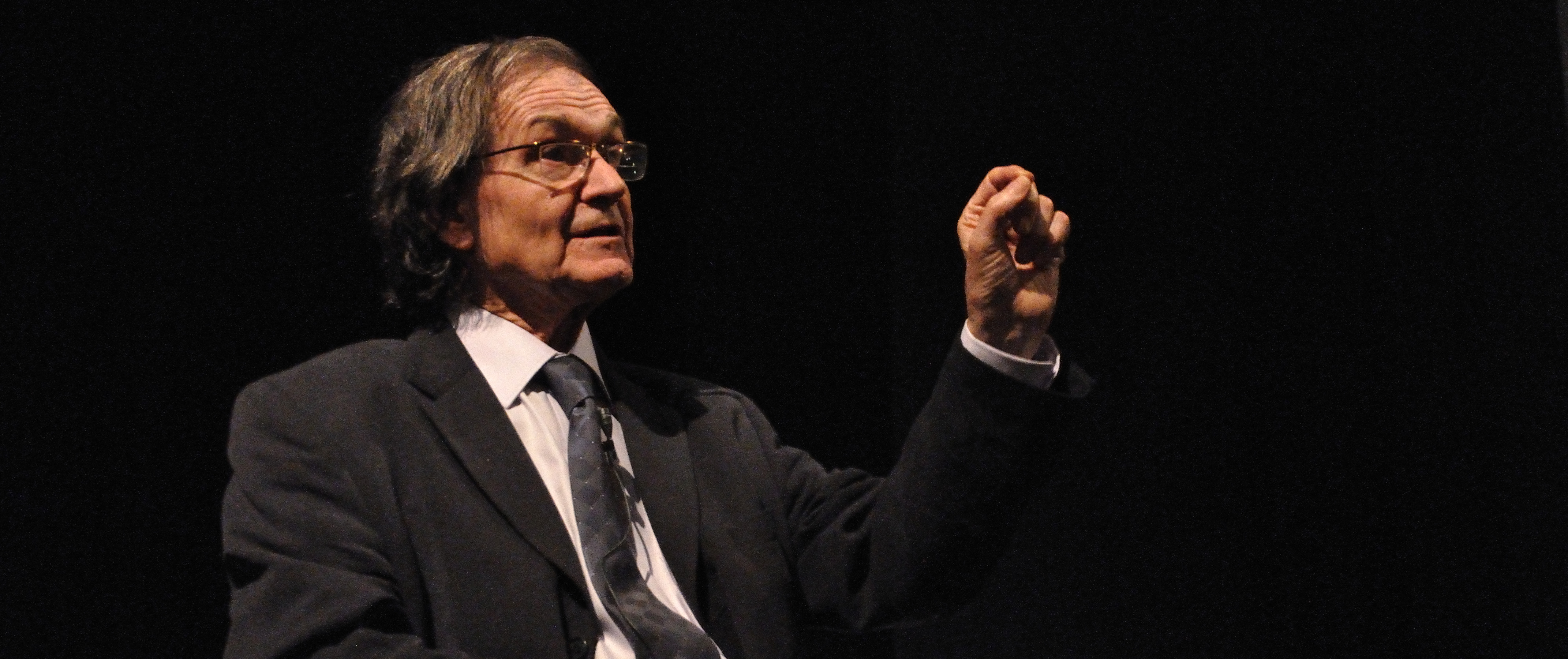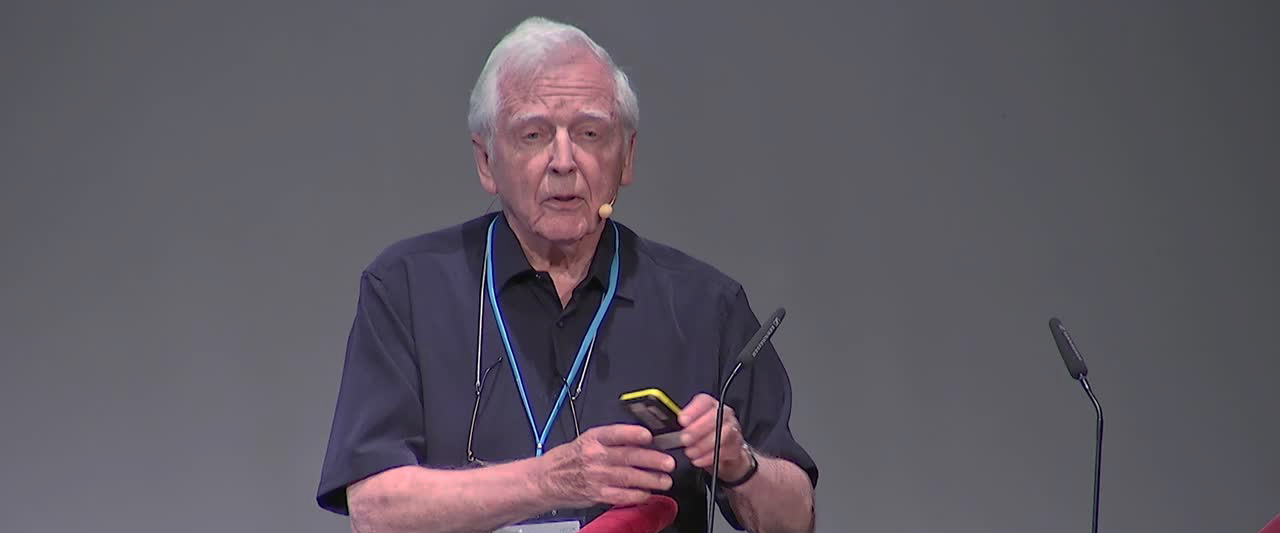10th April 2017.
Cédric Ghevaert, Wellcome Trust - MRC Stem Cell Institute, Cambridge
Abstract
The production of megakaryocytes (MKs)--the precursors of blood platelets--from human pluripotent stem cells (hPSCs) offers exciting clinical opportunities for transfusion medicine. Here we describe an original approach for the large-scale generation of MKs in chemically defined conditions using a forward programming strategy relying on the concurrent exogenous expression of three transcription factors: GATA1, FLI1 and TAL1. The forward programmed MKs proliferate and differentiate in culture for several months with MK purity over 90% reaching up to 2 × 10(5) mature MKs per input hPSC. Functional platelets are generated throughout the culture allowing the prospective collection of several transfusion units from as few as 1 million starting hPSCs. The high cell purity and yield achieved by MK forward programming, combined with efficient cryopreservation and good manufacturing practice (GMP)-compatible culture, make this approach eminently suitable to both in vitro production of platelets for transfusion and basic research in MK and platelet biology.
Biography
After completing his MD at the Universite Libre de Bruxelles (which also included a whole year studying at the University of Bristol, UK) in 1997, Dr Ghevaert started his career training in Internal Medicine in the United Kingdom and became a member of the Royal College of Physicians in 2000. He went on to specialize in Haematology (completing his training in 2005). His intention was always to have an academic career and he therefore started a PhD at the University of Cambridge. He completed his PhD in 2008 and moved on as a post-doctoral clinical fellow to Prof Steve Watson laboratory at the University of Birmingham where he obtained a personal Intermediate Clinical Fellowship from the British Heart Foundation. This programme of research allowed him to further his knowledge of platelet and megakaryocyte biology. In 2010 he obtained a tenure post as Senior Lecturer in Transfusion Medicine in the Department of Haematology at the University of Cambridge where he now runs a research group with a special interest in two main fields of research: 1. production in vitro of blood cells for transfusion in humans using pluripotent stem cells technologies and 2. in vitro modelling of inherited platelet disorders. His research is supported by various funding bodies including NHS Blood and Transplant, the British Heart Foundation, National Institute for Health and Research.
References
[1] Moreau T, Evans AL, Vasquez L, Tijssen MR, Yan Y, Trotter MW, Howard D, Colzani M, Arumugam M, Wu WH, Dalby A, Lampela R, Bouet G, Hobbs CM, Pask DC, Payne H, Ponomaryov T, Brill A, Soranzo N, Ouwehand WH, Pedersen RA, Ghevaert C. Large-scale production of megakaryocytes from human pluripotent stem cells by chemically defined forward programming. Nat Commun. 2016 Apr 7;7:11208.
[2] Guerrero JA, Bennett C, van der Weyden L, McKinney H, Chin M, Nurden P, McIntyre Z, Cambridge EL, Estabel J, Wardle-Jones H, Speak AO, Erber WN, Rendon A, Ouwehand WH, Ghevaert C. Gray platelet syndrome: proinflammatory megakaryocytes and α-granule loss cause myelofibrosis and confer metastasis resistance in mice. Blood. 2014 Dec 4;124(24):3624-35.
Image: A drawing by G Bizzozero describing a platelet rich thrombus. Giulio Bizzozero, although not the first to observe 'blood corpuscles' later known as platelets, was the scientist who defined their role in coagulation adn thrombosis. Original reference: G Bizzozero. Ueber einen neuen Forrnbestandteil des Blutes und dessen Rolle bei der Thrombose
und Blutgerinnung. Archiv fur pathologische Anatomie und Physiologie und fur klinische Medicin 90: 261–332 (1882)
All College students are warmly encouraged to participate. The poster of the seminar can be downloaded here.












